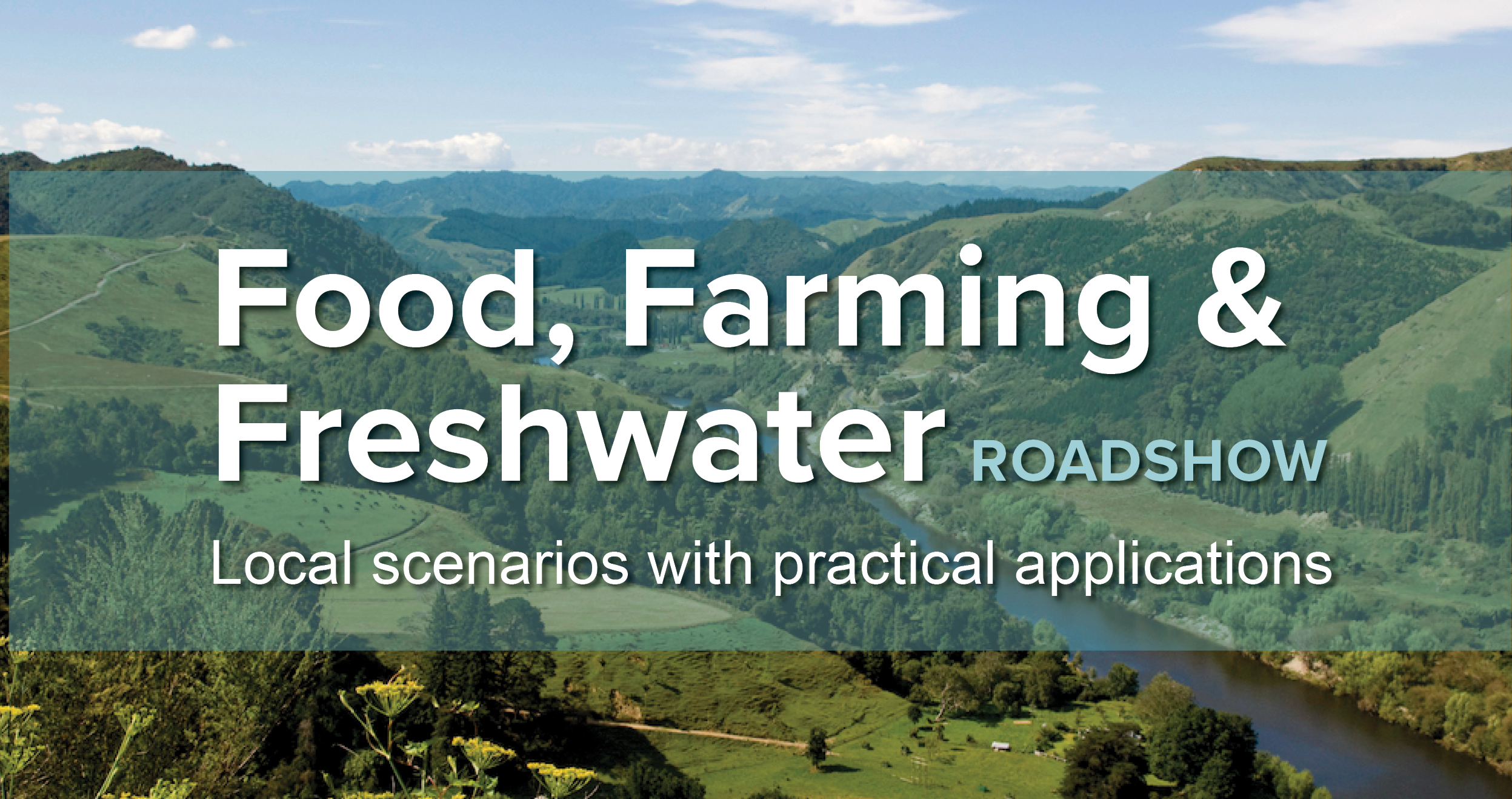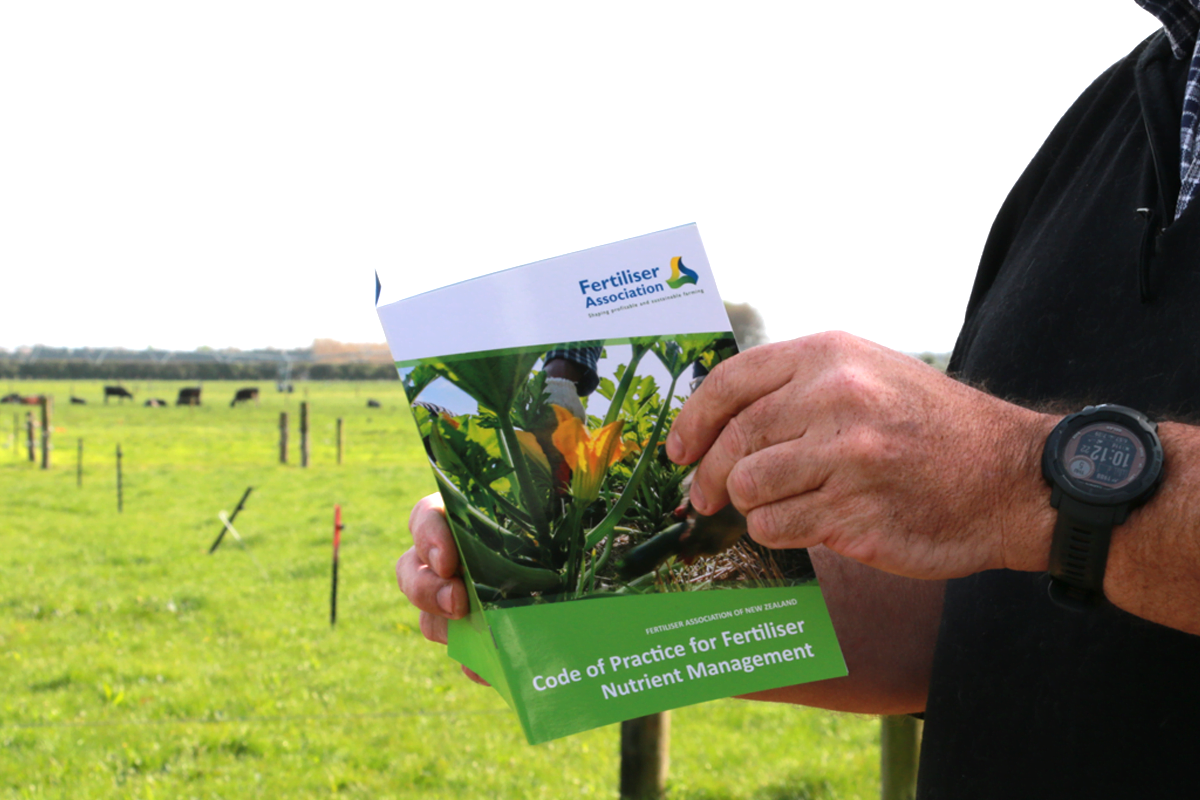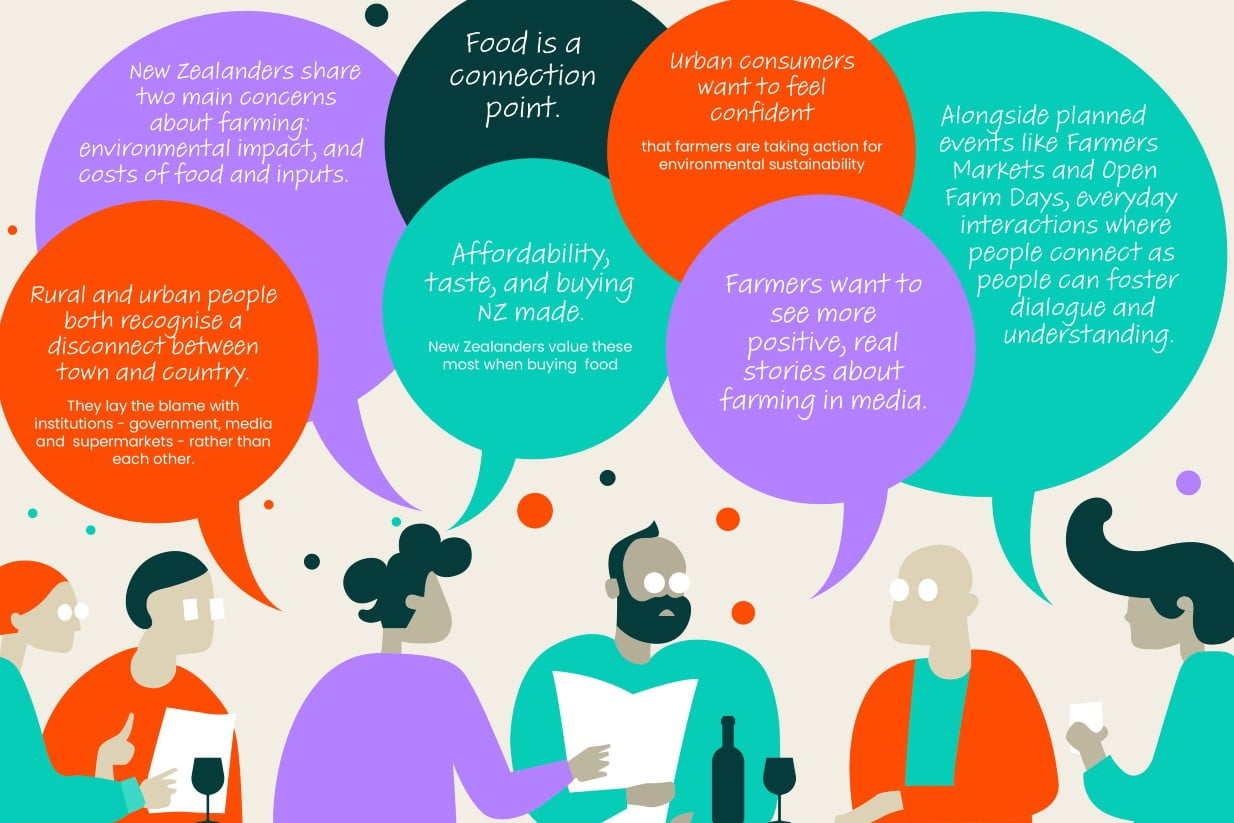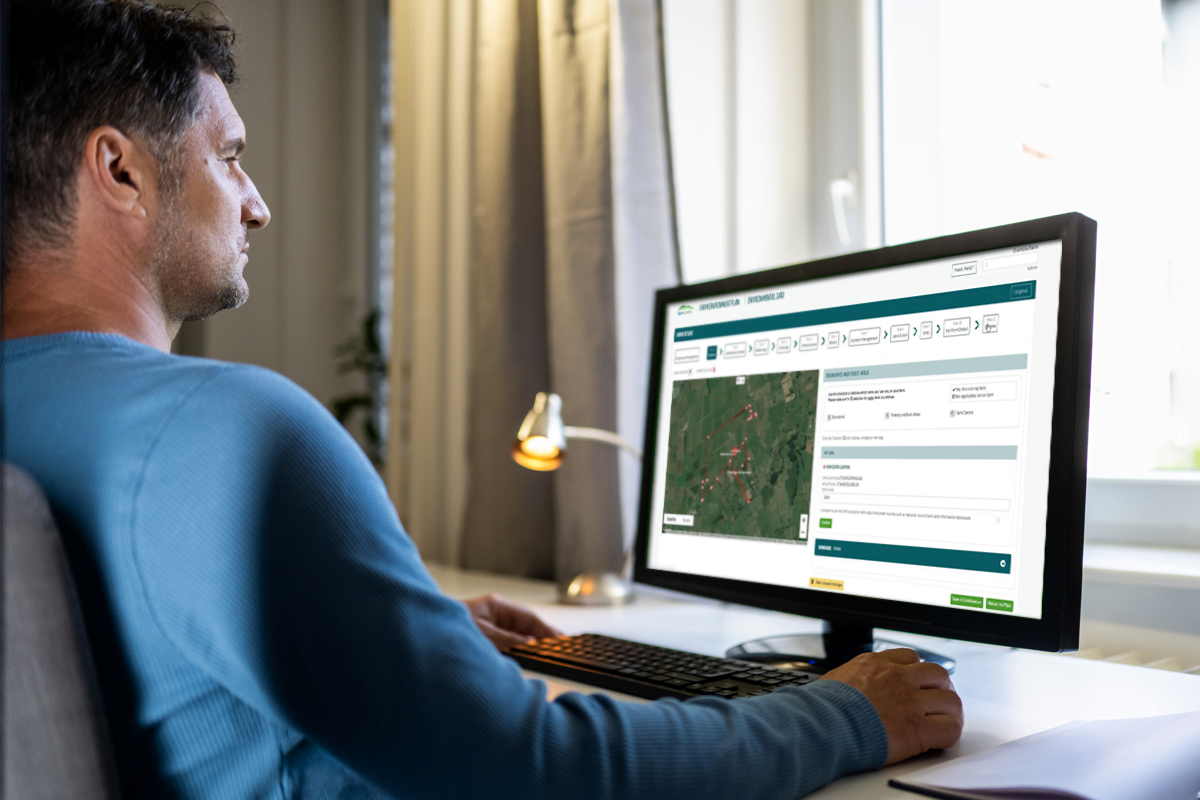Social Networks are Crucial to Rural Resilience
Social networks are the glue that holds rural communities together in tough times. A new report says government must recognise the work of building and maintaining relationships – a role that mostly falls to rural women.
The person who turns up every month and makes the tea for the school PTA meeting might not be someone you recognise as a community hero, but their steady contribution is critical to getting their community through tough times, according to new research.
The time and effort that goes into building and maintaining social networks and relationships is “serious work,” says Dr Margaret Brown, a social scientist and expert on rural resilience who farms sheep, beef and crops just over the fence from Federated Farmers’ president Andrew Hoggard, near Feilding.
This work is often taken on by rural women, and is more important than it usually gets credit for, says Dr Brown. “Social relationships help maintain the resilience of rural communities. It’s important to recognise the big role of rural women, and bring to the attention of policy makers that this is serious work.”
But the work of building and maintaining social networks is under increasing pressure. “Women in rural communities are working off-farm far more, or in a dedicated way on-farm, and also taking on the burden of resilience-building on top of that,” says Dr Brown.
Labour shortages are also having an impact. “Young farmers are working so damn hard,” says Dr Brown. “When we were young, there were a lot more people working on smaller farms, so we had more time for social activities.”
“I see this now as a tension in building resilience in rural communities. When there are big weather events, floods, earthquakes, communities drop everything and pull together – but the slow-burn issues like policy and land-use change are a real concern. More and more women aren’t able to help manage the change, especially the emotional side of the change – so who is going to do it?”
People in government agencies need to “sit down for a cuppa” with communities, to understand where support and resources should be allocated, finds the research
Advice for government agencies
A paper published last month provides advice for government on rural resilience, drawn from research on resilient rural communities led by Dr Brown for AgResearch, and from an Our Land and Water project that identified ways to measure rural resilience.
Government is interested in rural resilience because of its role in helping communities recover from sudden adverse events, like floods, or adapt to slow changes in climate, or social and political shifts.
The research found it’s pretty easy for governments to estimate the resilience of rural communities from Census data, to target funding where it’s most needed. Towns with lower resilience scores were found to have lower income, lower levels of educational achievement, and lower levels of employment, which suggests that resilience is related to inequality.
But in communities with strong social networks, resources are more likely to be shared when the going gets tough, helping overcome that inequality, and so increasing resilience.
The paper advises government agencies that their people need to “sit down for a cuppa” with communities, to understand where support and resources should be allocated and ensure the stability of key community institutions like a school or rugby club.
Some government initiatives, such as the introduction of Rural Hubs, aim to strengthen rural social networks, but can place an extra burden on women in the community to set up, run and resource the hubs.
“We often see stories about families doing great things on their farms, so why not focus on the unsung community champions, and how their work helps build resilience in their communities?”
Dri Margaret Brown
Advice for recognising value
Community work is usually unpaid, but this doesn’t necessarily mean it has to remain undervalued or unappreciated, says Dr Brown. “People who provide the ‘volunteering glue’ don’t necessarily need monetary recognition, but an acknowledgement that their work is important to the wider community.”
“Community leaders often do get that recognition, but the work is not only done by outstanding heroes. Each rural community has lot of unsung heroes. People show up every day in the background, quietly making the tea, putting out the chairs for the community meeting, taking the notes, and washing the dishes.”
“There are ways to recognise the value of these jobs rather than taking them for granted. Sometimes people don’t need money, but they do need a personal ‘Thank you, we really appreciate it’ from their community, or from a larger organisation, or government.”
Dr Brown suggests that organisations like Federated Farmers and rural media outlets could shine a light on the men and women doing work to connect their communities. “We often see stories about families doing great things on their farms, so why not focus on the unsung community champions, and how their work helps build resilience in their communities?”
More information:
- Resilience is a meaningful, measurable trait of communities. William Kaye-Blake. New Zealand Economic Papers, December 2022
- Indicators Working Group project
- This article was first published in Feds News
Author
 View Our Strategy Document 2019 – 2024
View Our Strategy Document 2019 – 2024




Leave a Reply